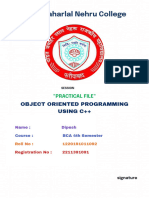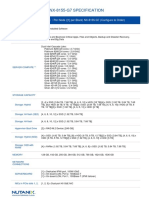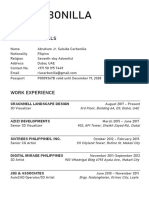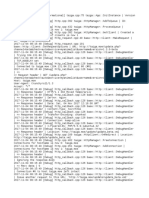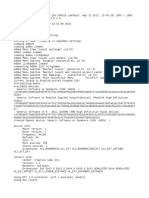0% found this document useful (0 votes)
21 views20 pages9-16 Program Lab Exercise
The document contains multiple C++ programming examples demonstrating various inheritance types including simple, multiple, hybrid, multilevel, and hierarchical inheritance. It also covers virtual functions, file manipulation, command line arguments, class templates, function templates, and exception handling. Each section includes the aim and source code for the respective C++ program.
Uploaded by
rogithaCopyright
© © All Rights Reserved
We take content rights seriously. If you suspect this is your content, claim it here.
Available Formats
Download as DOCX, PDF, TXT or read online on Scribd
0% found this document useful (0 votes)
21 views20 pages9-16 Program Lab Exercise
The document contains multiple C++ programming examples demonstrating various inheritance types including simple, multiple, hybrid, multilevel, and hierarchical inheritance. It also covers virtual functions, file manipulation, command line arguments, class templates, function templates, and exception handling. Each section includes the aim and source code for the respective C++ program.
Uploaded by
rogithaCopyright
© © All Rights Reserved
We take content rights seriously. If you suspect this is your content, claim it here.
Available Formats
Download as DOCX, PDF, TXT or read online on Scribd
/ 20

























